A set of ‘yes’ or ‘no’ phonics and alphabet questions cards to use with spelling words.
Use these cards with spelling or vocabulary lists that students are working on.
Students are required to answer the questions and place the words they are using in the ‘yes’ or ‘no’ pile.
These word attribute question cards have questions which relate to phonics and alphabet sounds.
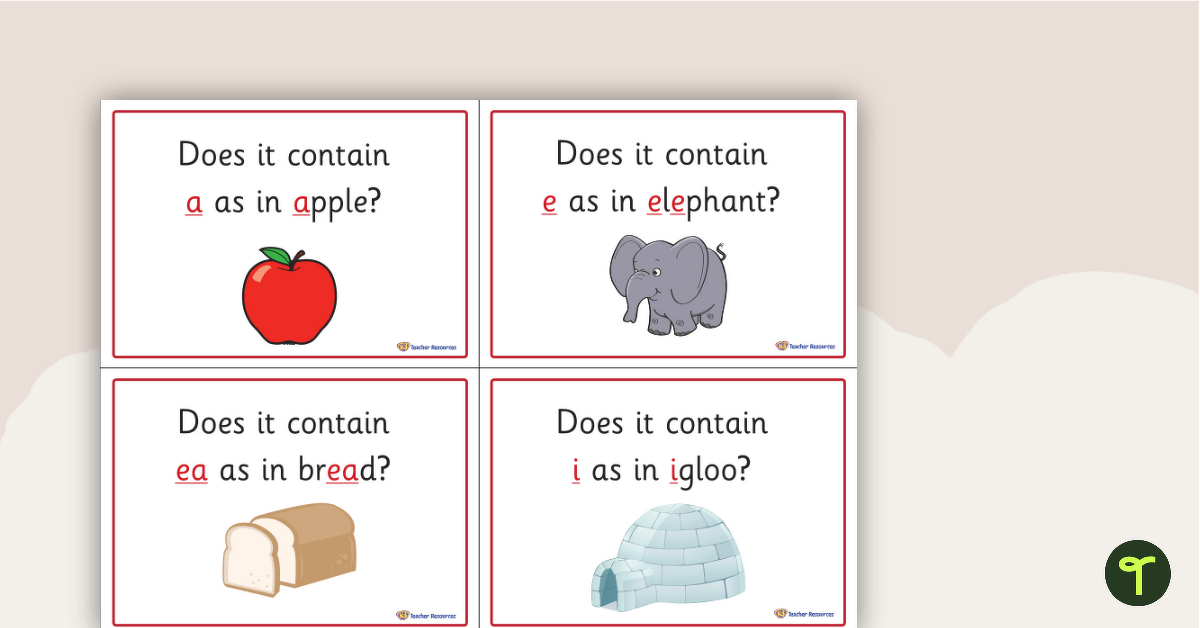
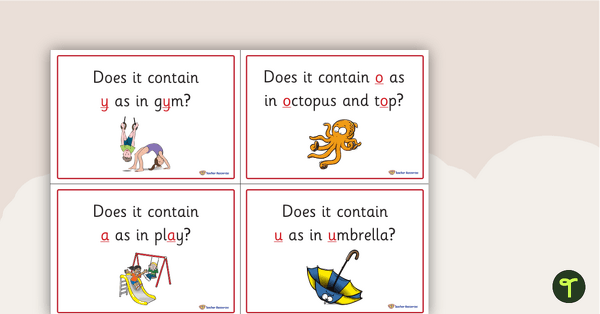
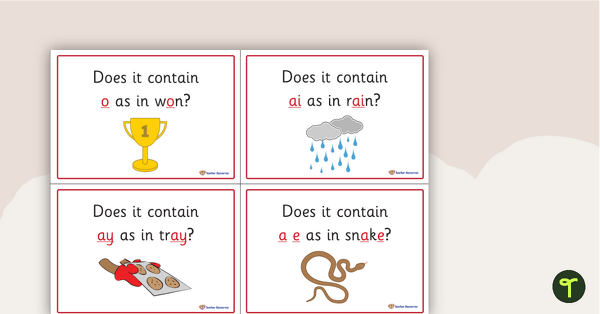
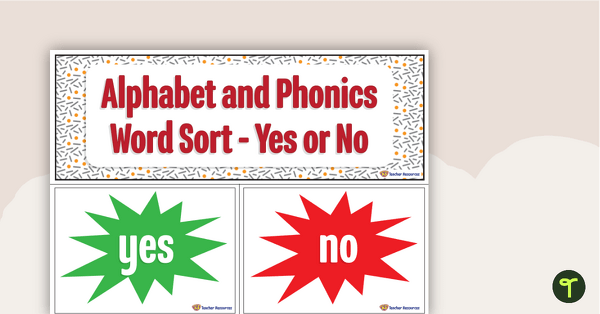

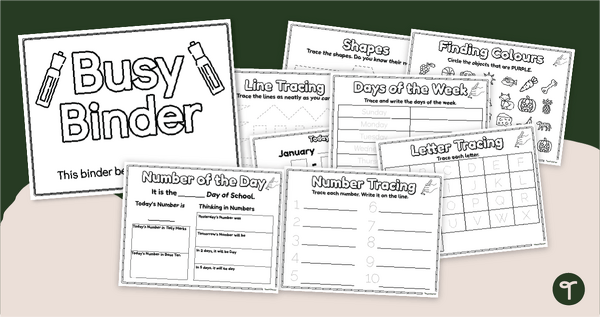
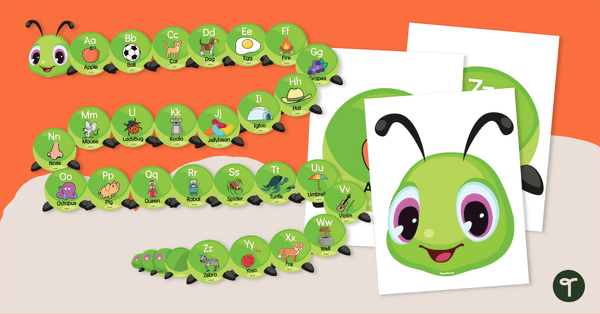
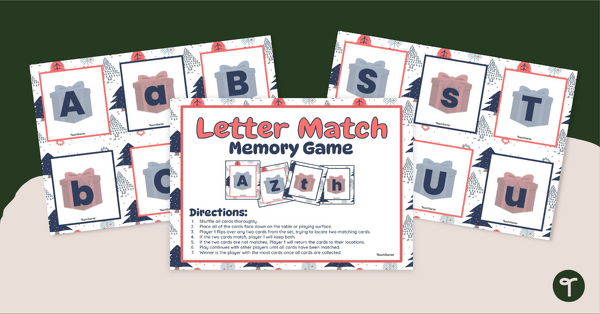
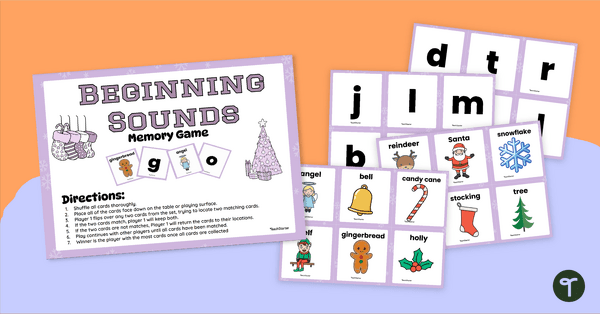
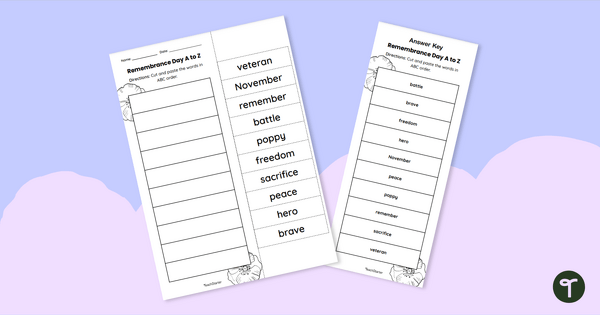
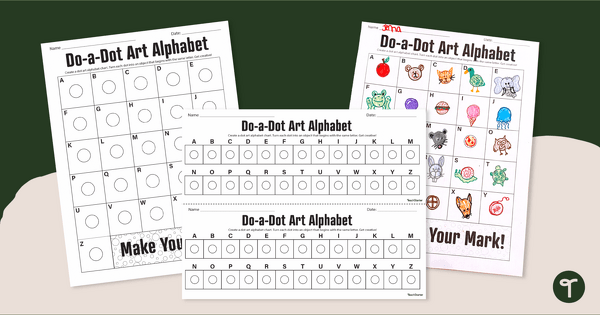
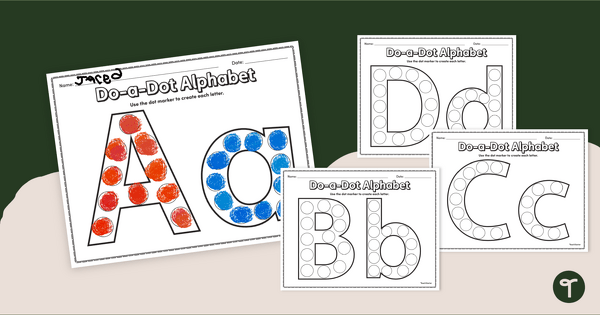
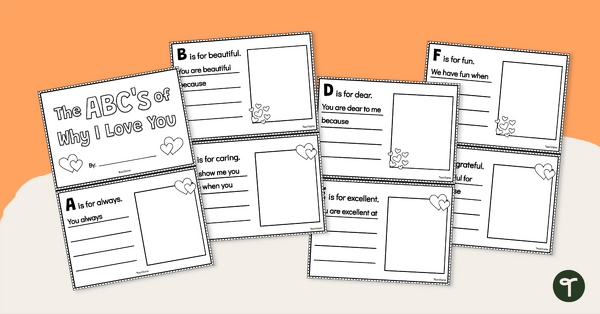
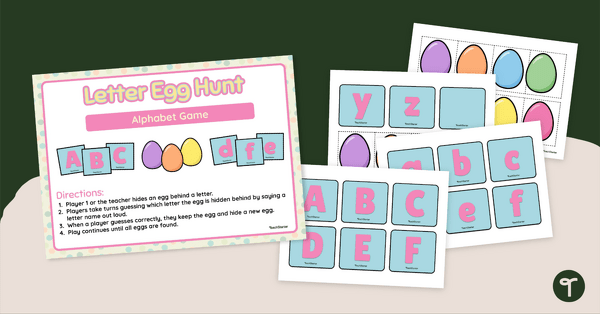
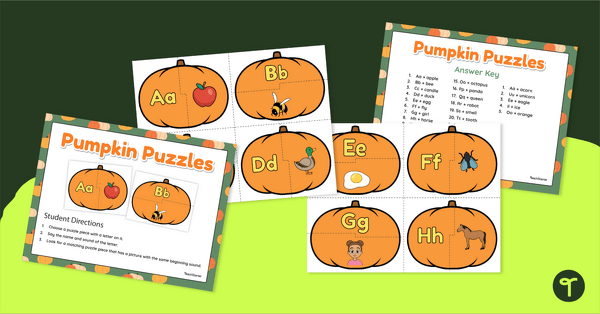
0 Comments
Write a review to help other teachers and parents like yourself. If you'd like to request a change to this resource, or report an error, select the corresponding tab above.